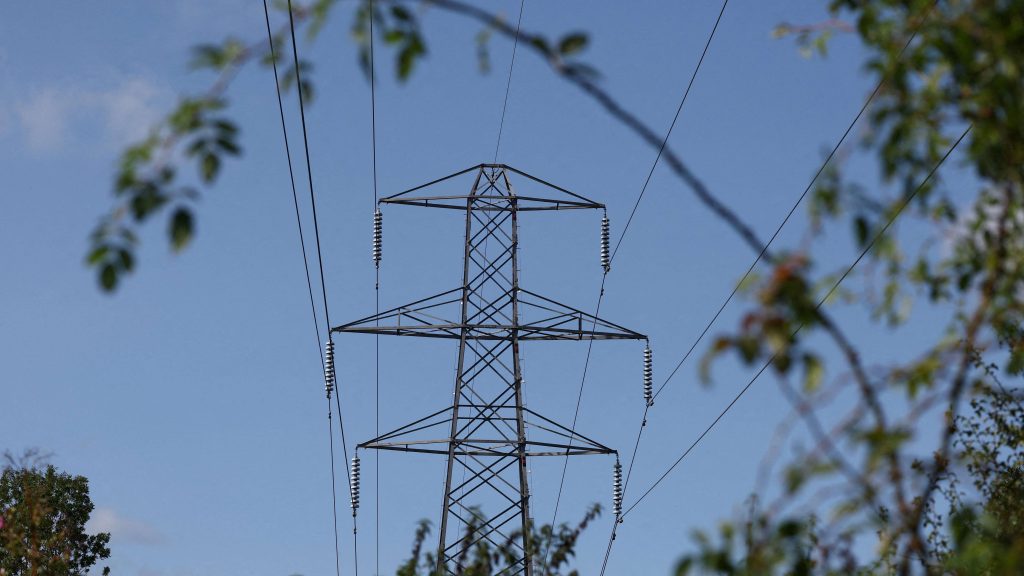
Britain’s National Grid has proposed a 58 billion pound ($74 billion) investment programme to boost grid networks beyond 2030 to accommodate expected growth in electricity demand and an increase in renewable power projects.
Britain has a target to decarbonise its power sector by 2035, which will require many more renewable power plants such as wind and solar that need to be connected to the electricity grid.
National Grid’s Electricity System operator (ESO) said Britain’s electricity network has mostly had only small upgrades over the last 70 years, but as more sectors such as vehicles and heating switch to using electricity demand is expected to grow by 64% by 2035.
“The current electricity grid is reaching its capacity and is unable to transport much more electricity without reinforcing the network,” the ESO’s Beyond 2030 report said.
The ESO was tasked with presenting a plan on how the country’s electricity networks could grow to meet this demand while also decarbonising the system by 2035.
It recommends extending the offshore power grid and building a new north to south electrical spine that would help transport electricity generated in Scotland to the north of England and several new transmission lines from Scotland to further south in England.
Many new wind projects are planned off the coast of Scotland, with Scotland’s Crown Estate offering leases for nearly 28 gigawatts (GW) of capacity, far in excess of Scotland’s electricity demand, which currently has peak winter demand of around 5 GW, the ESO said.
The report did not detail how the upgrades should be funded but currently costs of energy networks are recouped through consumer energy bills. The plan would have to be approved by the government and regulator Ofgem.
(Reporting by Susanna Twidale; Editing by Mark Potter)